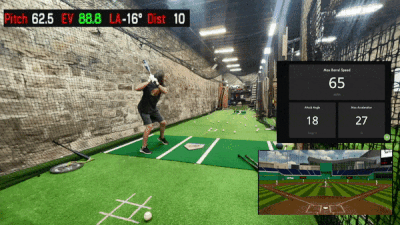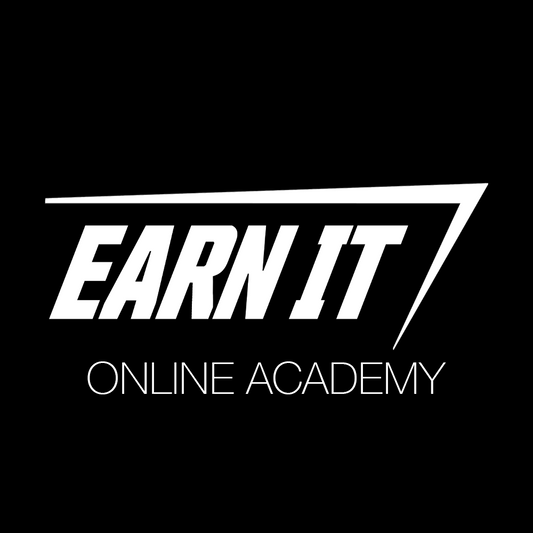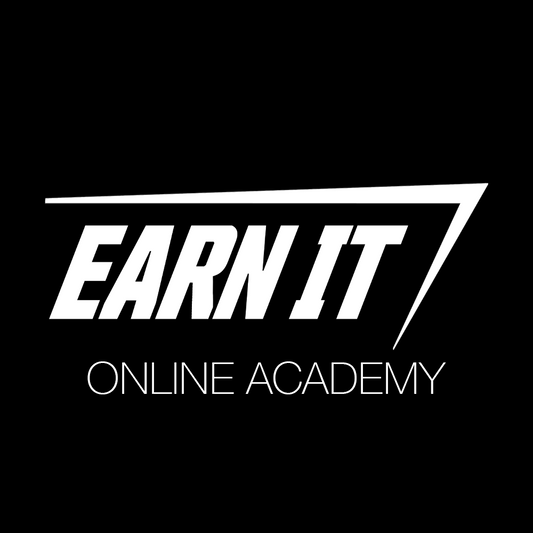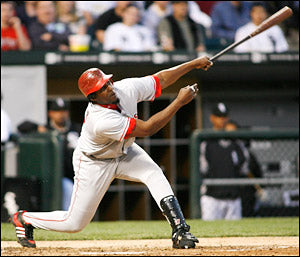First principles thinking is a way of thinking that involves breaking down complex problems into their fundamental components and understanding them from the ground up. This approach helps to develop a deeper understanding of the underlying concepts and enables individuals to think creatively and innovatively.
In this blog, we will discuss the importance of first principles reasoning for personal growth and decision-making and how a youth baseball or softball coach can use it to their advantage.

What is First Principles Thinking?
The concept of first principles thinking dates back to ancient Greece, where Aristotle advocated for breaking down complex problems into their fundamental components. First principles thinking is a systematic approach to problem-solving that involves breaking down a problem into its most basic elements and then examining each of these elements to gain a better understanding of the problem as a whole.
First principles thinking is often used in scientific and engineering fields to develop new theories and technologies. For example, Elon Musk famously uses first principles thinking to design rockets that are more efficient and cost-effective than those produced by other aerospace companies.
From a development player development perspective you can develop an understanding of first principles as a coach of baseball or softball by asking yourself "what are the most basic demands of the game and what makes a successful player?"
Some examples of first principles could be throwing the ball hard, swinging the bat fast, or making basic defensive plays,
The Beginner Mindset
The beginner mindset is an attitude of openness, curiosity, and willingness to learn. When we approach a problem with a beginner's mindset, we are more likely to be open to new ideas and to question assumptions. Too many times we as coaches are all to certain about the things we consider truth, and that often can cloud our judgement to see new ideas/concepts that would benefit our players.
This mindset is essential for first principles thinking because it encourages us to look at problems with fresh eyes and to think creatively.
To cultivate a beginner mindset, it is essential to approach each idea with an open mind and a willingness to learn. This means being curious and asking questions, even if they seem basic or obvious. It also means being willing to admit when we don't know something and to seek out new information and perspectives.
"I don't know" can be the most powerful words in coaching.
The Benefits of First Principles Reasoning and Beginner Mindset
The benefits of first principles reasoning and the beginner mindset are numerous. By breaking down complex problems into their fundamental components, we can gain a deeper understanding of the problem and develop innovative solutions.
This approach can also help to improve decision-making skills, as we are better able to evaluate the pros and cons when faced with different options or ideas of development.
Additionally, first principles reasoning and the beginner mindset can help to enhance creativity and innovation. By approaching problems with an open mind and a willingness to learn, we are more likely to think outside the box and develop novel solutions vs just "doing it the way it has always been done"
Implementing First Principles Reasoning and Beginner Mindset in Your Coaching Philosophy
To implement first principles reasoning and the beginner mindset into your coaching philosophy, it is essential to approach each problem with an open mind and a willingness to learn. This means asking questions, challenging assumptions, and seeking out new information and perspectives. We all have pride, but in the best interest of your players, this also means admitting where you have been wrong or had blind spots in your development ideas.
Some techniques for incorporating first principles reasoning into the development of players include breaking down complex motor output problems into smaller components, analyzing each component individually, and then synthesizing the information to develop a comprehensive understanding of the problem as a whole. It is also essential to evaluate the underlying assumptions and biases that may be influencing our decision-making process.
To maintain a beginner mindset, it is essential to stay curious and to seek out new information and experiences. This means being open to new ideas and perspectives, even if they challenge our existing beliefs and assumptions. It also means being willing to admit when we don't know something and to seek out new information and perspectives.
Conclusion
In conclusion, first principles reasoning and the beginner mindset are essential for your growth as a coach. By breaking down complex problems into their fundamental components and approaching problems with an open mind and a willingness to learn, we can develop a deeper understanding of the underlying concepts and develop innovative solutions.
To incorporate these principles into your coaching development, it is essential to approach each problem with an open mind, to seek out new information and perspectives, and to be willing to challenge our assumptions and biases. By doing so, we can improve our problem-solving abilities, enhance our creativity and innovation, and make better decisions.
It is important to note that incorporating first principles reasoning and the beginner mindset into our player development philosophy may not be easy at first, as it requires us to step out of our comfort zones and approach problems in a new way. However, with practice and persistence, these principles can become a natural part of our thinking process and lead to significant personal and professional growth.
For those interested in further reading and exploration, I recommend books such as "Think Like a Rocket Scientist" by Ozan Varol and "The Beginner's Mind" by Shunryu Suzuki.








